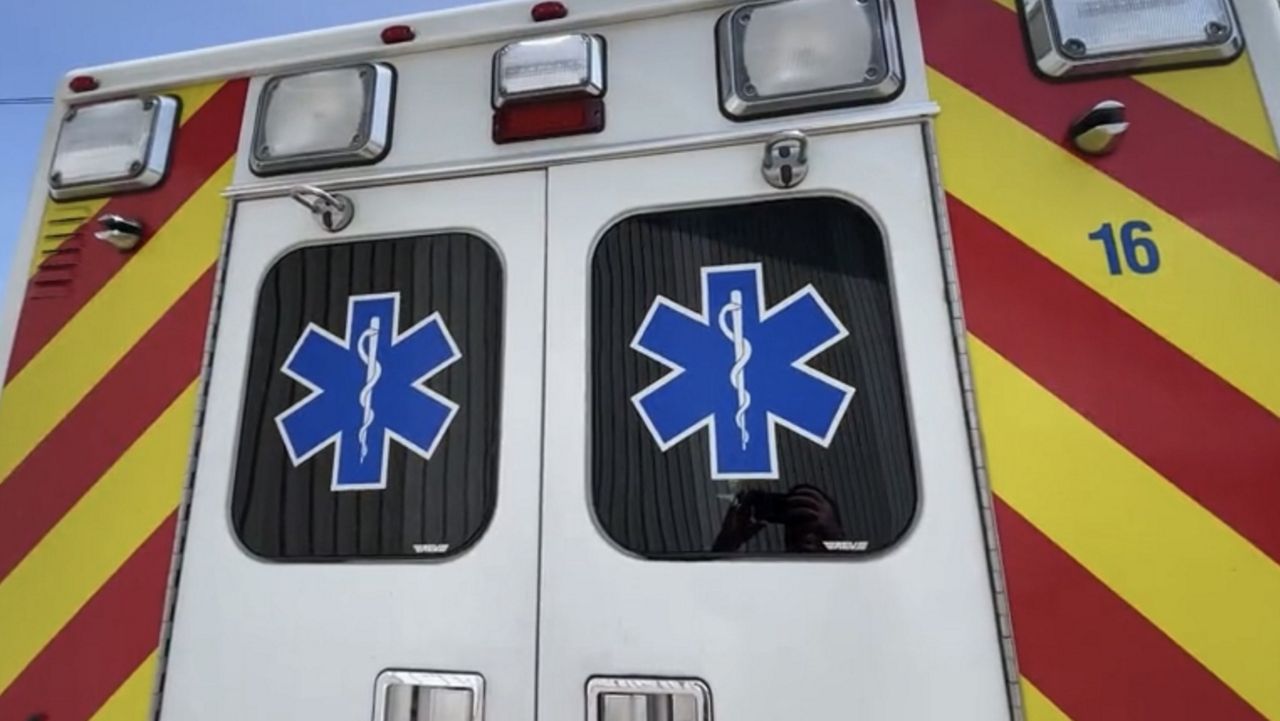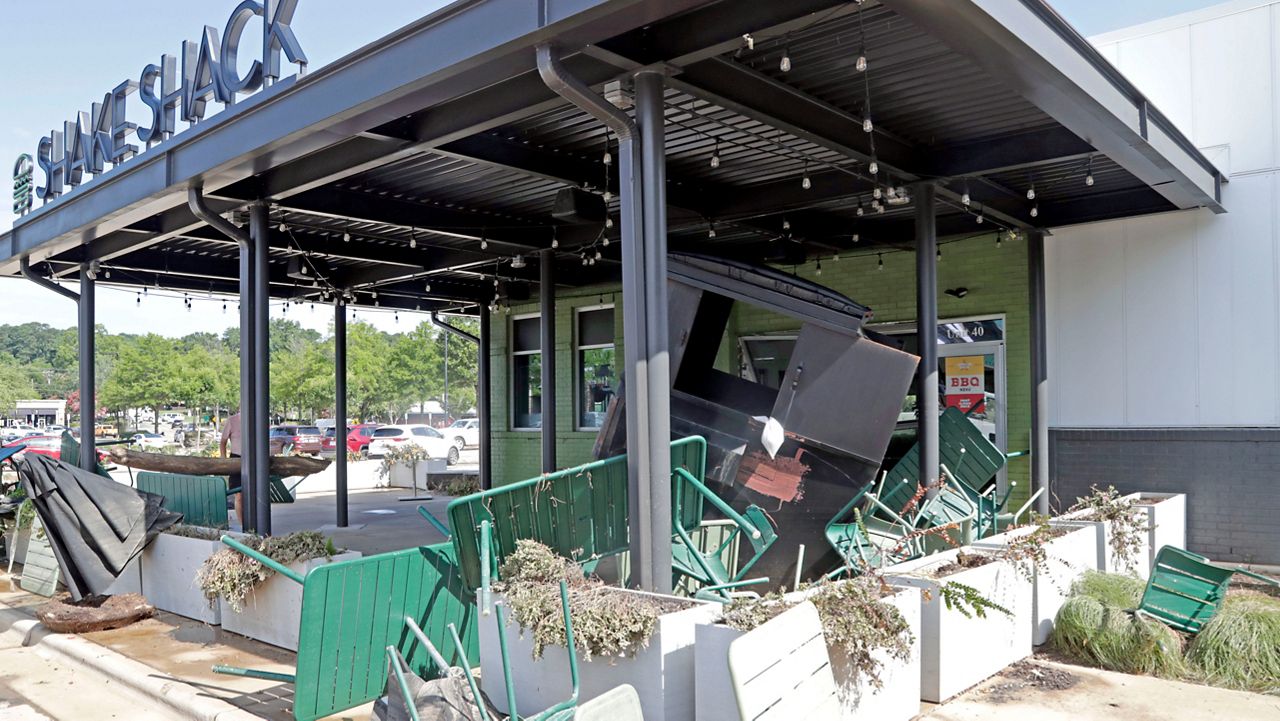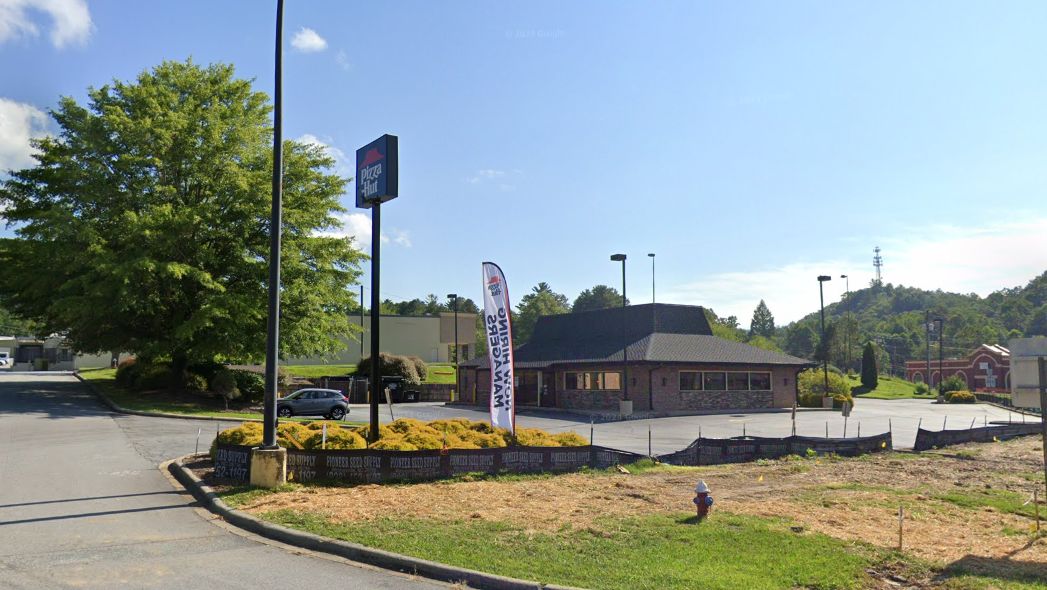GREENSBORO, N.C. -- The University of North Carolina Greensboro launched a Health Impact team to educate community members about the dangers of lead exposure in July 2018.
- The 15 students also teamed up with the City of Greensboro to make sure those at risk for lead exposure get the necessary help
- In order to qualify for the program, tenants or homeowners' income must be no more than 80 percent of the local median income, adjusted for family size
- The program was designed to focus on homes where children under the age of six live or visit frequently
"A lot of houses that are pre-1978 have a high risk for lead exposure. We are going door to door. We're working in three different neighborhoods in Greensboro -- Proximity, Rosewood, and Glenwood," Stephanie Sistare Hill with the Health Impact Team said.
The 15 students also teamed up with the City of Greensboro to make sure those at risk for lead exposure get the necessary help.
"We provide referrals for people who want to get an assessment or see if they qualify for a city program. After that the city takes over and does a housing assessment and inspection to see if they are at risk for lead," Sistare Hill said.
She said in order to qualify for the program, tenants or homeowners' income must be no more than 80 percent of the local median income, adjusted for family size.
Lead poisoning can have severe effects on the mental and physical development of children. The program was designed to focus on homes where children under the age of 6 live or visit frequently.
The U.S. Department of Housing and Urban Development funded the program through the City of Greensboro.
Get the latest news, sports and weather delivered straight to your inbox. Click here to sign up for email and text alerts.









